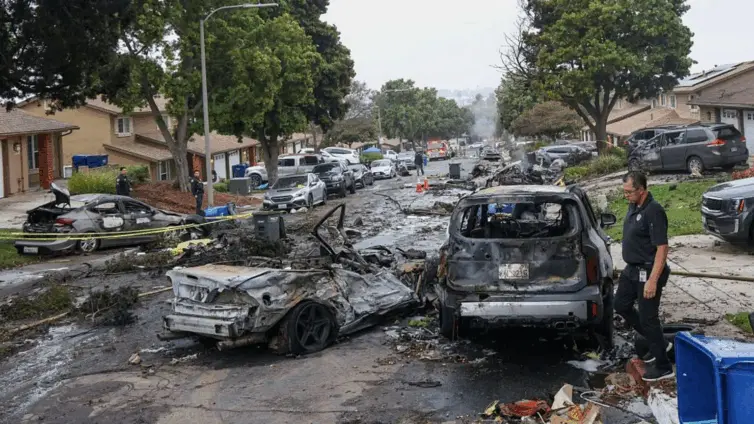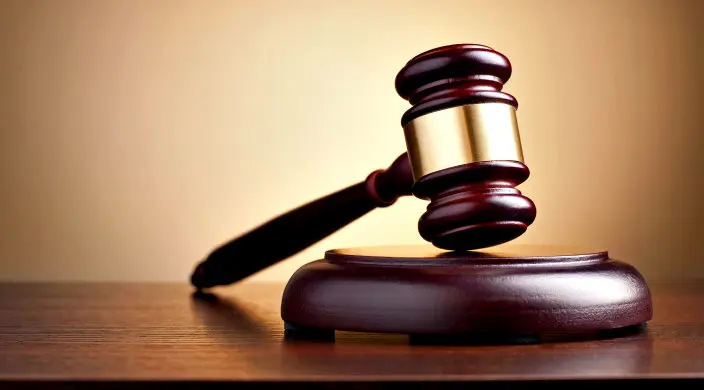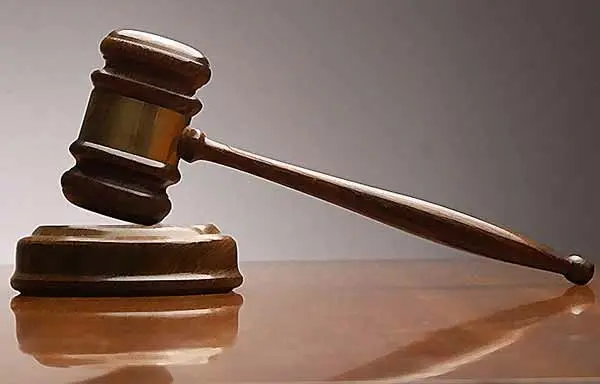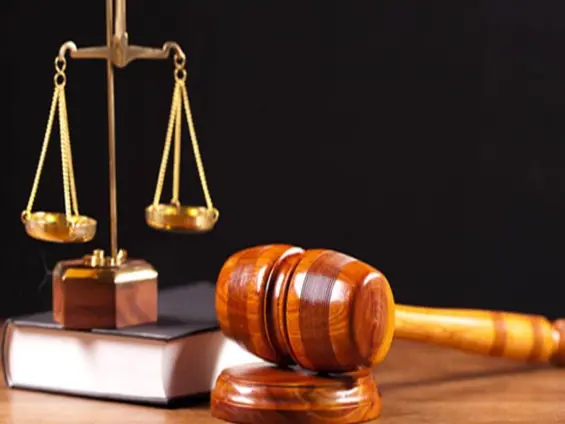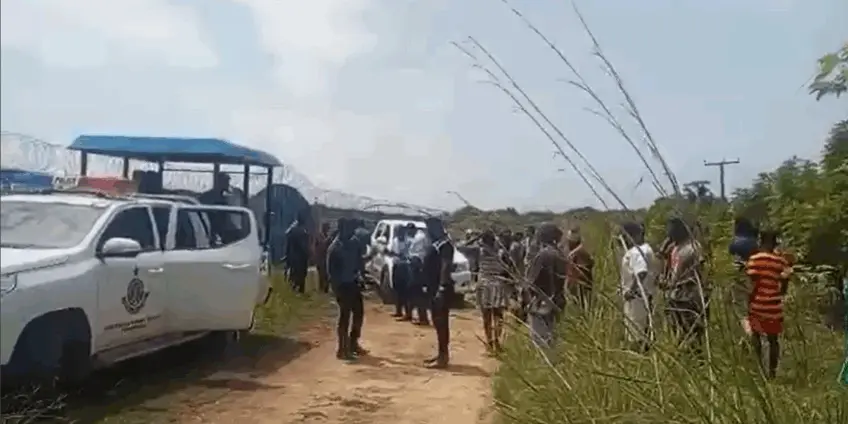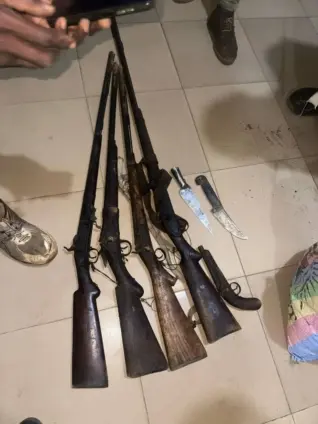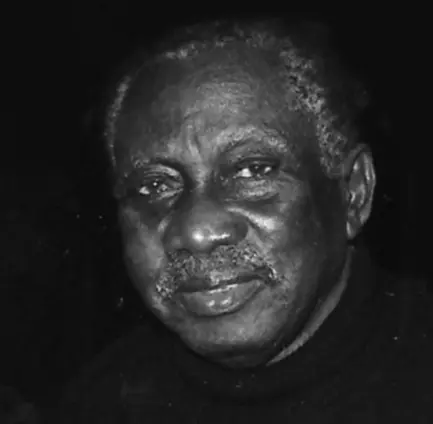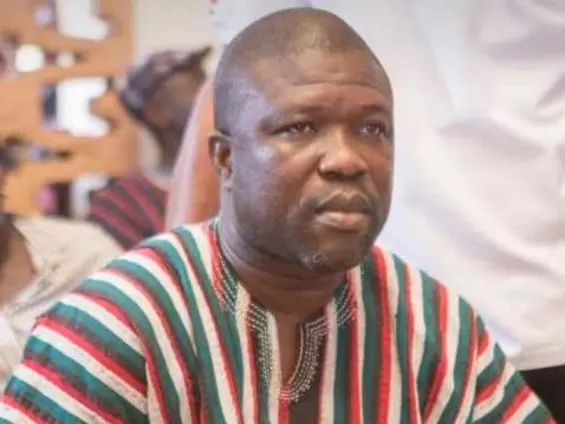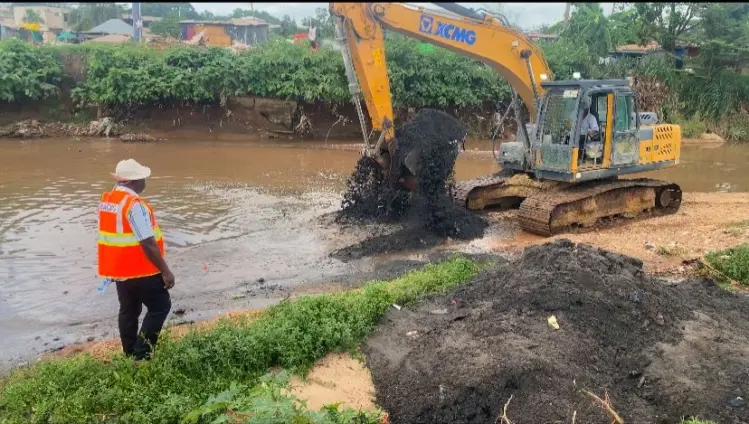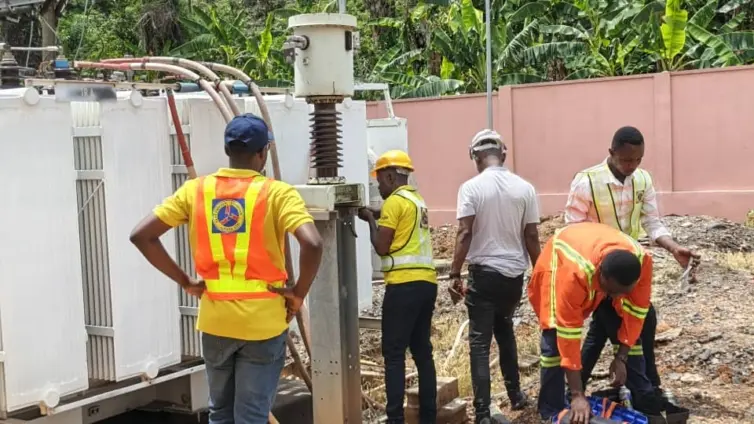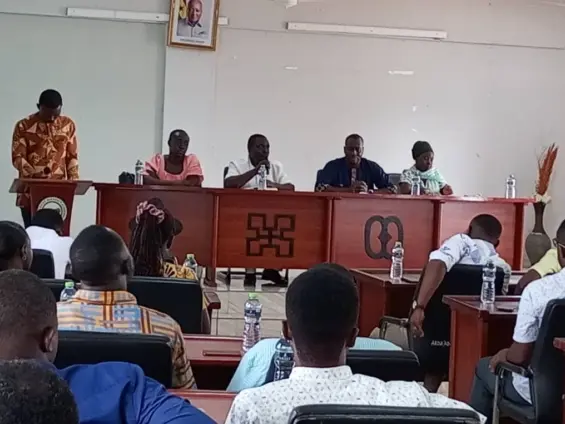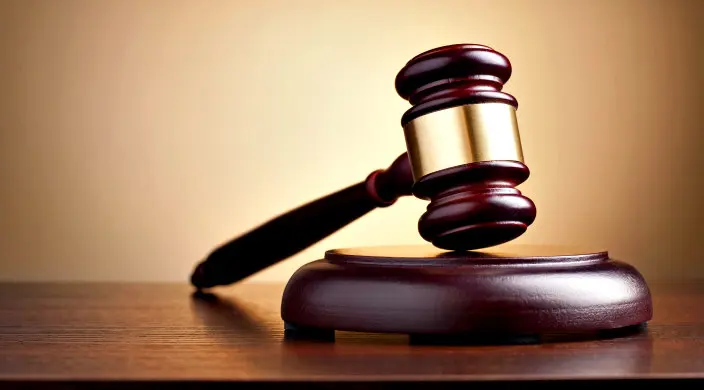Kumasi, the bustling capital of Ghana’s Ashanti region, continues to grapple with a persistent problem: crippling traffic congestion. Past efforts to decongest the city have largely failed, prompting Richard Ofori Agyemang Boadi, the Chief Executive Officer of the Kumasi Metropolitan Assembly (KMA), to acknowledge the need for a new approach. As the city chokes on its own success, the question remains: can Kumasi ever truly be free of the gridlock that plagues its streets? The mayor unveiled a new plan on Joy Super Morning Show on May 19 aimed at achieving sustainable decongestion, but the success is not assured. It seeks to address the deep seated issues that continue to ail the city, but faces major hurdles.
In a candid interview, Mayor Boadi admitted that previous decongestion exercises had fallen short of their goals. These failures, he explained, stemmed from flawed implementation methods and a lack of sustainable strategies. Short-term solutions, such as deploying police officers to manage traffic, proved unsustainable due to the financial strain on the city’s resources. Moreover, there has been significant trader resistance. According to Mayor Boadi, he believes that past decongestion exercises haven’t been successful because of the approaches used.
Many traders, who often operate in unauthorized areas, are reluctant to relocate to new markets due to concerns about losing their customer base. “Where should we go? The new markets have no customers,” lamented Ama Serwaa, a Kejetia trader, echoing a sentiment shared by many others. Even when areas are temporarily cleared, vendors quickly return, often reclaiming approximately 80% of the cleared space, effectively negating the impact of the decongestion efforts. The problem of Kumasi Decongestion remains.
The consequences of Kumasi’s persistent congestion are far-reaching and dire. The recent Adum PZ fire served as a stark reminder of the dangers posed by obstructed access routes. Firefighters struggled to reach the scene, hampered by the dense crowds and illegally parked vehicles that clog the streets. In addition, there have been multiple instances of fatal knockdowns at Adum, Kejetia, and Abrepo Junction, highlighting the safety risks caused by traders occupying pavements and roads, forcing pedestrians into the path of oncoming traffic. All of these issues contribute to a dangerous environment.
Beyond the immediate safety concerns, congestion also has a significant economic impact on Kumasi. The slow movement of goods and services impedes overall economic activity within the city, making it more difficult for businesses to thrive. As more businesses are affected the Kumasi Decongestion efforts will become increasingly important. The city’s central business district becomes less accessible to potential customers, reducing sales and revenue for local businesses. This creates a viscous cycle of economic hardship and further incentivizes informal trading in congested areas.
To address these multifaceted challenges, Mayor Boadi has unveiled a new plan for sustainable Kumasi Decongestion. A key component of this strategy is the creation of integrated security and patrol teams, comprising liaison officers, urban guards, national security operatives, and city guards. These teams will be responsible for continuously patrolling cleared areas, preventing the rapid return of traders and maintaining order.
“We will put them together with a team of about two national security operatives and some city guards…patrolling the areas that we have asked the people to leave,” the mayor explained, emphasizing the importance of a constant security presence. This proactive approach aims to create a more sustainable solution by deterring vendors from re-establishing themselves in prohibited zones. But it must be balanced with alternative solutions.
However, experts caution that simply removing traders is not enough. Urban planners stress the need for viable relocation options and economic alternatives for those affected by the decongestion efforts. The KMA faces mounting pressure to deliver lasting solutions as Kumasi’s population and commercial activities continue to grow. The future of Kumasi Decongestion hinges on a holistic strategy that addresses the underlying causes of the problem, including the lack of adequate market infrastructure and the economic vulnerability of informal traders.
The KMA needs to explore providing more effective solutions to the traders needs to ensure they have space to sell, as well as customers to sell to. Finding out how to effectively engage with the trading community is important to the new plan, and will make the difference between success and failure.
Kumasi’s persistent congestion problems demand innovative and sustainable solutions. Mayor Boadi’s new integrated security and patrol strategy represents a renewed commitment to tackling this challenge. The success of this plan hinges on addressing the concerns of traders, implementing sustainable relocation plans, and adopting a comprehensive approach that considers the long-term economic and social impacts of congestion in Kumasi. Only through such measures can Kumasi hope to achieve a truly congestion-free city.
Image Source: MYJOYONLINE


